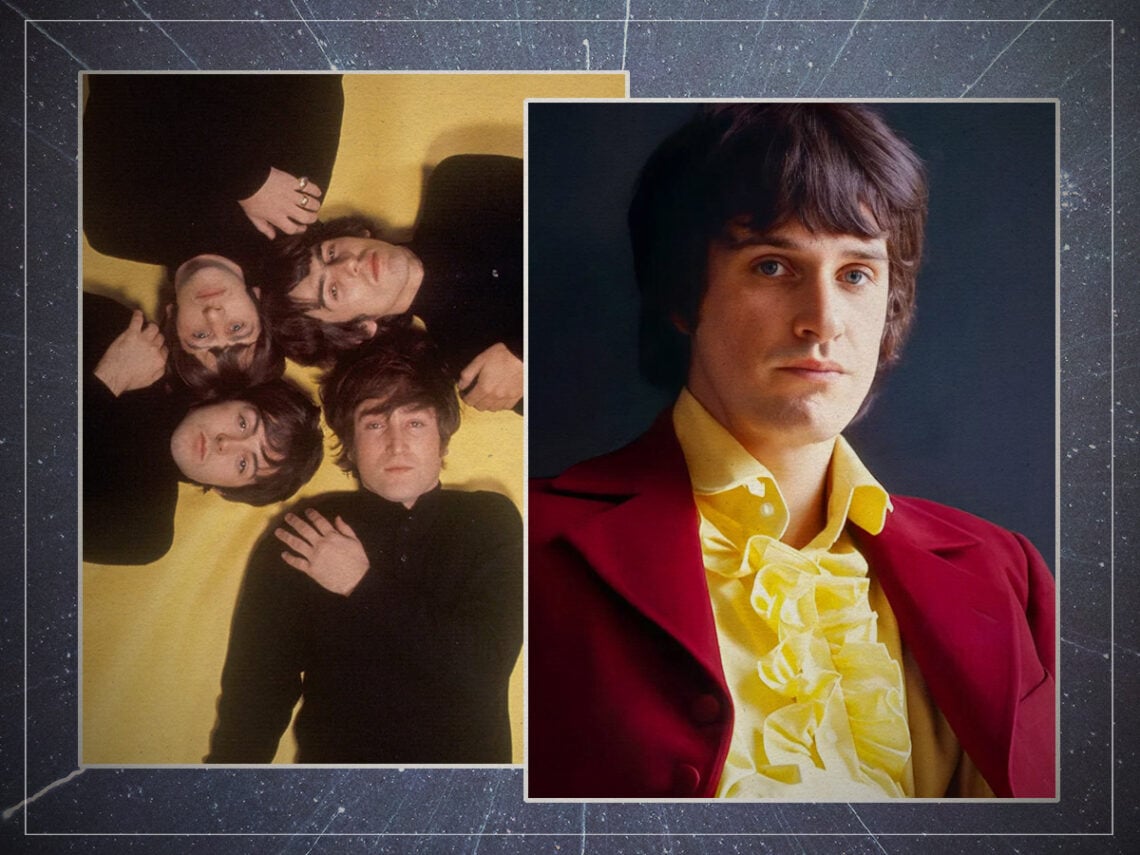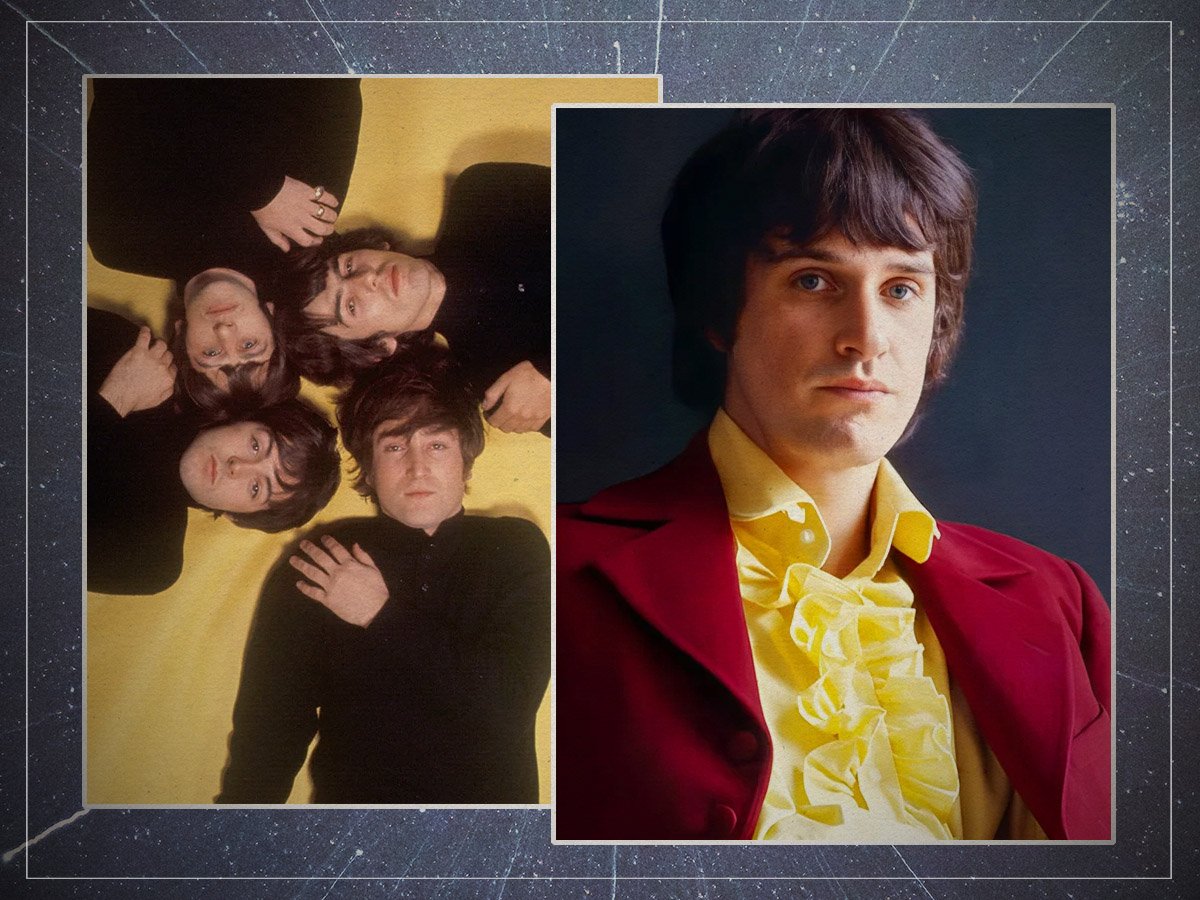
(Credits: Far Out / Apple Corps / Bent Rej)
No band have ever matched the intense global success of The Beatles, but that hasn’t stopped the Fab Four from being held up as a kind of blueprint for every other rock and pop outfit since their 1960s heyday. Regardless of how similar or different their musical material was, virtually every other young group of the swinging sixties was pitched against The Beatles at one point or another, including Ray Davies and The Kinks.
If you are reading this article, you are probably already aware of the revolutionary nature of The Kinks. Not only did Davies pen some of the most iconic rock and roll records of all time, but the band also paved the way for future styles of punk and alternative rock through their short, sharp structures and innovative use of guitar distortion. However, Davies’ songwriting talents certainly were not limited to those youthfully rebellious hits.
Over the course of his career as a songwriter, The Kinks’ leader has crafted a litany of utterly timeless tracks, from the universal romanticism of ‘Waterloo Sunset’ to the profound exploration of middle England on ‘Village Green Preservation Society’. Inevitably, Davies’s groundbreaking talents as a songwriter quickly drew lazy parallels to those of John Lennon and Paul McCartney within the press. Yet, The Kinks never got anywhere close to reaching the same level of success as The Beatles.
While matching the otherworldly success of the ‘Mop Tops’ would be virtually impossible for anybody else to pull off, The Kinks seemed particularly adept at avoiding the pop charts, save for a few notable exceptions like ‘You Really Got Me’ or ‘Lola’. Of course, Ray Davies was never really chasing mainstream success, but he certainly had his theories over why The Kinks seemed to falter in the pop charts following their early successes.
“We’d had, I think, three number-ones and a top 10 in six months, right?” the songwriter once recalled of the band’s early days. “The first one was in September (1964), and the following February, I sat down and said, ‘I can’t do this anymore.’” The trappings of pop stardom were already becoming too much for the songwriter to handle, particularly when taking into account press attention on The Kinks.
Recalling an incident in which Davies refused to take part in a television show The Kinks were scheduled to appear on in Southampton, the songwriter shared, “I’ve just had enough of doing publicity. I’m not very good with the press, and I don’t like my pictures in the paper. […] I’d had all the praise for the first three records, and I was getting the backlash, and I didn’t want to do it anymore.”
According to Davies, this lack of enthusiasm for the press and promotion is what set The Kinks apart from The Beatles. The songwriter was never an outspoken supporter of his Liverpudlian counterparts, once declaring ‘Yellow Submarine, “A load of rubbish, really.” However, the two bands did share some similarities, including their press representative.
As Davies explained, “Our press guy at the time was Brian Sommerville, a very strict guy who’d done the Beatles. He’d manipulated the press on that very famous Beatles night when they’d done the Palladium, and he turned round and said, ‘Don’t be stupid. You’re doing this job; you’re either in the business or out of it.’”
This ultimatum backfired for Sommerville when Davies responded, “I said I wanted to be out of it, and I didn’t do press for a long time, and maybe that’s why I’ve had a mixed reception….press people think I’m difficult.”
Seemingly, then, it was The Kinks’ lack of enthusiasm for doing press that limited their mainstream success, preventing them from nearing the dizzying heights of The Beatles. Still, Davies has always seemed quite content with working to his own rhythm, away from the prying eyes of the press.
Related Topics
Subscribe To The Far Out Newsletter
